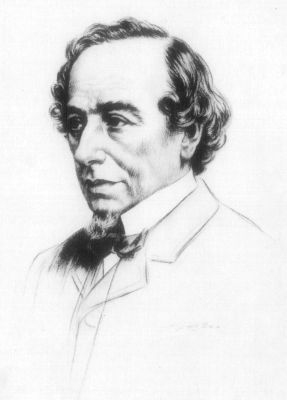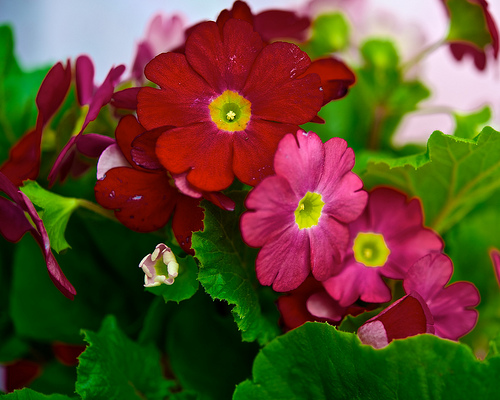Fun Facts about the Primrose Family:
> Did you know that the Primrose is a symbol of Spring and
Easter?
That is why it is named the Primrose. In Latin, Primus
means first, and the Primrose is the
first to bloom in spring.




>Did you know Primrose Day is April 19?
This is the anniversary of the death of
Benjamin Disraeli
(April 19,1881) whose favorite flower was the
Primrose.
>Did you know the Primrose is believed to be a magical flower?
The Germans thought that the first girl to find a
Primrose on
Easter would marry that year.
>Did you know that the Evening Primrose can be made into an oil
to help skin disorders?
Eczema, psoriasis, and acne are some disorders that can be
cured by this oil. The oil may also
be used to treat rheumatoid arthritis, osteoporosis, and
cancer.
>Did you know the ancient Greeks named the Primrose plant “dodecatheon”?
Dodecatheon is translated to “flower of the 12 gods.” The
Greeks believed the Primrose had
great healing power, and that it was able to conquer many
diseases that could not be healed by
other herbs. One of which was paralysis.
>Did you know Volcanologists have discovered that certain
Primroses open up their petals as if
by command before a volcanic eruption?
 >Did you know
the Primrose plant is used in food?
>Did you know
the Primrose plant is used in food?
Some kinds of beverages and teas are made from dried plants.
The young Primrose leaves are used in salads. Also, relishes can
be made from its
roots.
"There is no love sincerer than the
love of food" -George Bernard Shaw
PRIMROSE LEDGEND:
One day the apostle Paul, the heavenly doorkeeper who mans the
gates of Heaven, was very tired and dozed off. He did not notice
when his keys slipped from his hands and flew down to Earth. Upon
waking a little later, he saw that his gold keys were lying on the
ground, and immediately sent an angel after them. The angel brought
them back, but in the place where the heavenly keys had rested,
there were now Primroses growing.



![]()
Next you have two options.
1. visit the references 2. learn about the author
Back to the home page.
